If the dancer is dressed in arresting Kanchipuram or Dharmavaram silks. If subdued temple jewellery embellish her features, if the crisp jathi patterns uttered by the nattuvanar add tempo to the performance, you are surely watching a Bharatanatyam performance. Till about half a century ago, this classical dance style of Tamil Nadu was called Sadir and had limited acceptance in society. It was performed by devadasis as part of temple worship and also performed in royal courts and during celebrations organised by the patrons. Following the Anti-Nautch Movement and the subsequent banning of the Devadasi System in 1930s, Sadir underwent a phase of near extinction. Subsequently, it was revived and renamed. Today, the term Bharatanatyam has become so popular that not only is the earlier name almost forgotten but also that this term has almost come to signify the term Indian Classical Dance, virtually masking the importance of the other styles which are equally rigid, structured and aesthetic. The style has reached all concerns of the globe. A Bharatanatyam performance is an effective mix of the communicative and non-communicative aspects. The communicative aspect is called Abhinaya. Ideas can be expressed through hands – then it is Hasta Abhinaya; if it is through the eyes, it is Nayana Abhinaya; if it is through the face, it is Mukhaja Abhinaya. The non-communicative part comprises pure dance sequences. These don’t convey any meaning but create tremendous aesthetic appeal with their sculpture-like postures and precise, cutting movements. These segments called Nritta, add zest and life to a performance. Every nritta sequence is a well-planned sequence of individual units called adavus. A full-length performace usually goes on for about one and half hours and consists of about 6-7 items. Alarippu, Pushpanjali, Jathiswaram, Sabdam, Varnam, Padam, Javali, Thillana etc. are the traditional items. Each items has its own unique proportion of Nritta and Abhinaya. A complete set of the traditional items is called Margam. The longest item is the Varnam. Here, long sequences of orally uttered rhythmic syllables called Jathi are performed. This is a unique speciality of Bharatanatyam. The half-seated posture, the Araimandi, which is a core feature of Bharatanatyam footwork, gets well-highlighted in the jathis. The traditional jewellery of Bharatanatyam which is very typical of the style, is made by jewellers in Vadaseri in Nagercoil. It is made of silver and covered with gold foil and is embossed with stones of red and white having a characteristic dull and muted finish. The book discusses all the above aspects of Bharatanatyam and more in full detail with lot of multi colour photographs. All single and double hand mudras, navarasas, conceptual pictures and so on have been captured in multi colour in glossy foreign art paper making this book a visual delight. Another rare feature of the book is the capturing of the jewel making process, work shop and artisans involved in the temple jewellery craft in the remote Vadaseri. An added attraction of the book is the segment, Bharatanatyam – word by word, which is designed as a quick scanner with a convenient index to enable referring to specific terms without necessarily running through the whole book. This book, with its unique features, is sure to help readers to get closer to Bharatanatyam.
A Comprehensive Dictionary of Carnatic Music
$102.60
$114.00

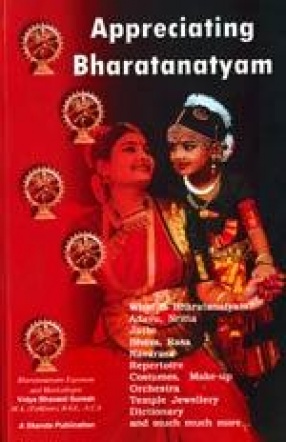

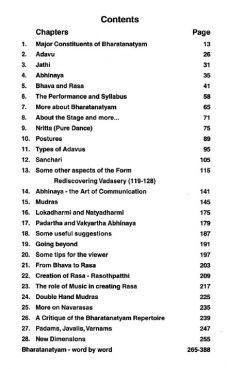
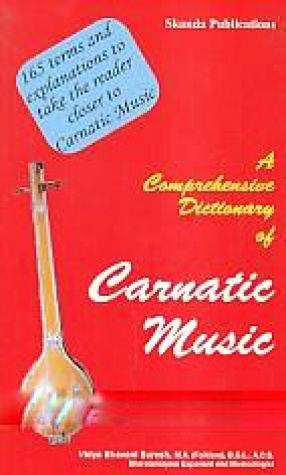
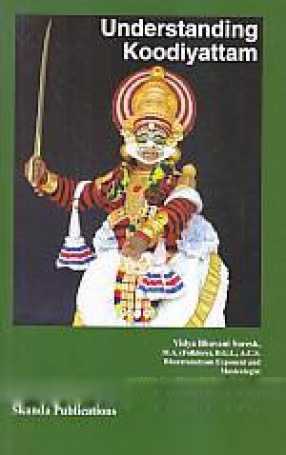
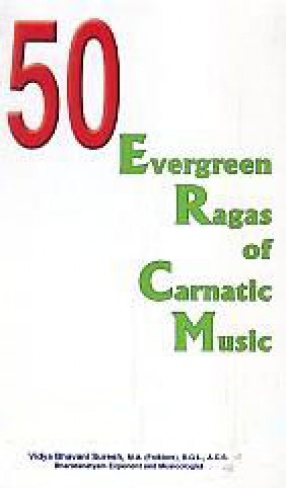
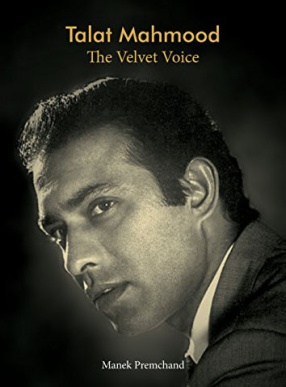
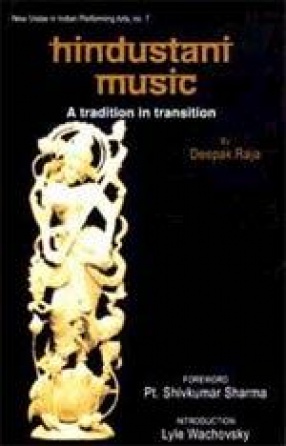
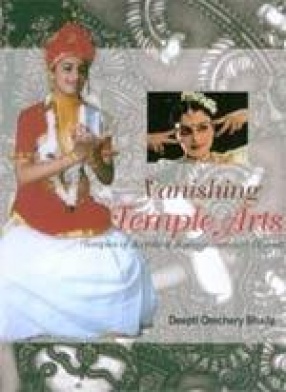
There are no reviews yet.